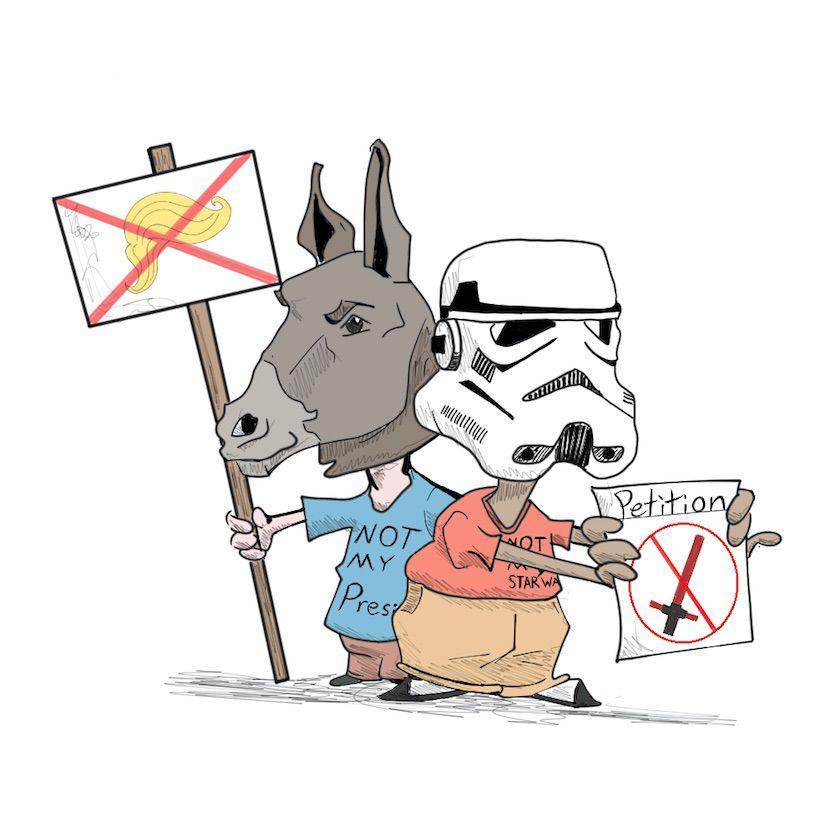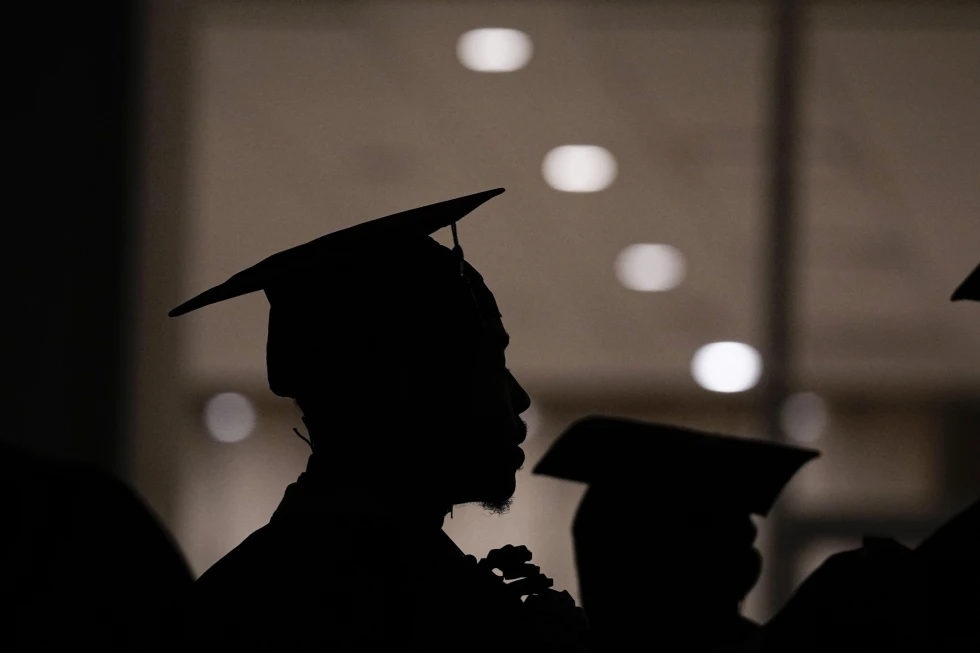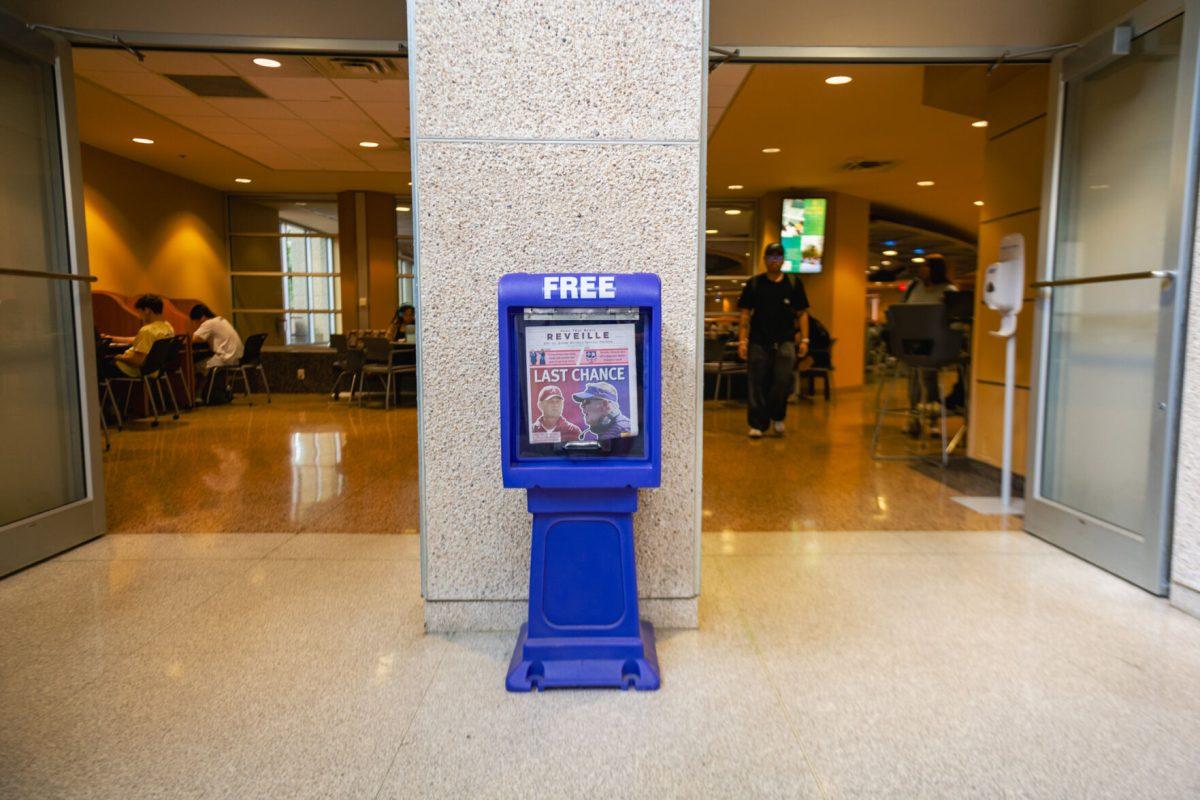After a full year of presidency, President Donald Trump has a historically low approval rating of 38 percent. Despite avid supporters and sycophants, the current president has the lowest regular approval ratings seen in past decades, according to polls. A credible amount of people are evidently dissatisfied with government leadership, but one of the most popular mechanisms actually does more harm than good.
The “Not my President” concept has become a rallying cry for deluded liberals since the election, amassing supporters in droves on Facebook, Twitter, Instagram and other social media platforms.
Since the campaigning in 2016, Trump has made social media usage a staple of his daily routine, spouting his opinions left and right. His Twitter account is more of a platform for his ideas than a news outlet.
Despite his wild and haphazard use of Twitter, few Americans keep up with it. Trump’s Twitter account boasts a solid 46 million followers. That number may seem hefty, but it falls flat compared to the 67 million American users on the platform.
The lack of constituents following the president on a popular social media platform exposes a primary problem with social media. These platforms allow us to form our own personal bubbles of information.
In the real world, we are forced to hear the opinions of different people. We meet liberals at work, we meet conservatives at coffee shops and we meet independents at church. We find radicals at concerts and find people who don’t care at all at football games. The ability to follow who we choose and block accounts we dislike allows us to essentially decide what information we want to hear, filtering out the challenging content.
Challenges serve a purpose and removing challenging material serves only to limit progression. If each of us is in a bubble with only pleasing information and no one to argue against those ideas, we lose both philosophical diversity and the ability to find meaningful discourse. In this way, the conversation closes and we can find no way to compromise and move forward.
Our limiting bubbles affect our culture as much as they do politics. “Star Wars: The Last Jedi” film is a great example. The populace hyped the new film up as the thrilling and game-changing middle act to the newest trilogy, but the response to the movie was mixed at best. According to Rotten Tomatoes, “The Last Jedi” received a 50 percent approval rating from audiences, splitting fans right down the middle.
Disapproving fans went so far as to form petitions online. One popular petition featured on Change.Org argues that the new film is a disrespect to the legacy of “Star Wars” as a whole. The writer is not alone, as shown by the 83,000 supporters as of January 2018.
The author of the petition asks the Walt Disney Company to remove “The Last Jedi” from the “Star Wars” canon. This fan is upset that his personal bubble has been invaded by something he does not approve of. Because of the bubble’s limiting effects, he finds himself unable to cope with the movie not being what he expected.
We simply cannot proceed while putting a crippling limitation on our ability to solve issues. Culture is our reason for going forth and politics is our method of doing it. When we limit these factors, we lose our ability to evolve.
Kyle Richoux is a 19-year-old sociology sophomore from LaPlace, Louisiana.
Opinion: Social bubbles inhibit political expansion, hinder societal growth
By Kyle Richoux
January 15, 2018










